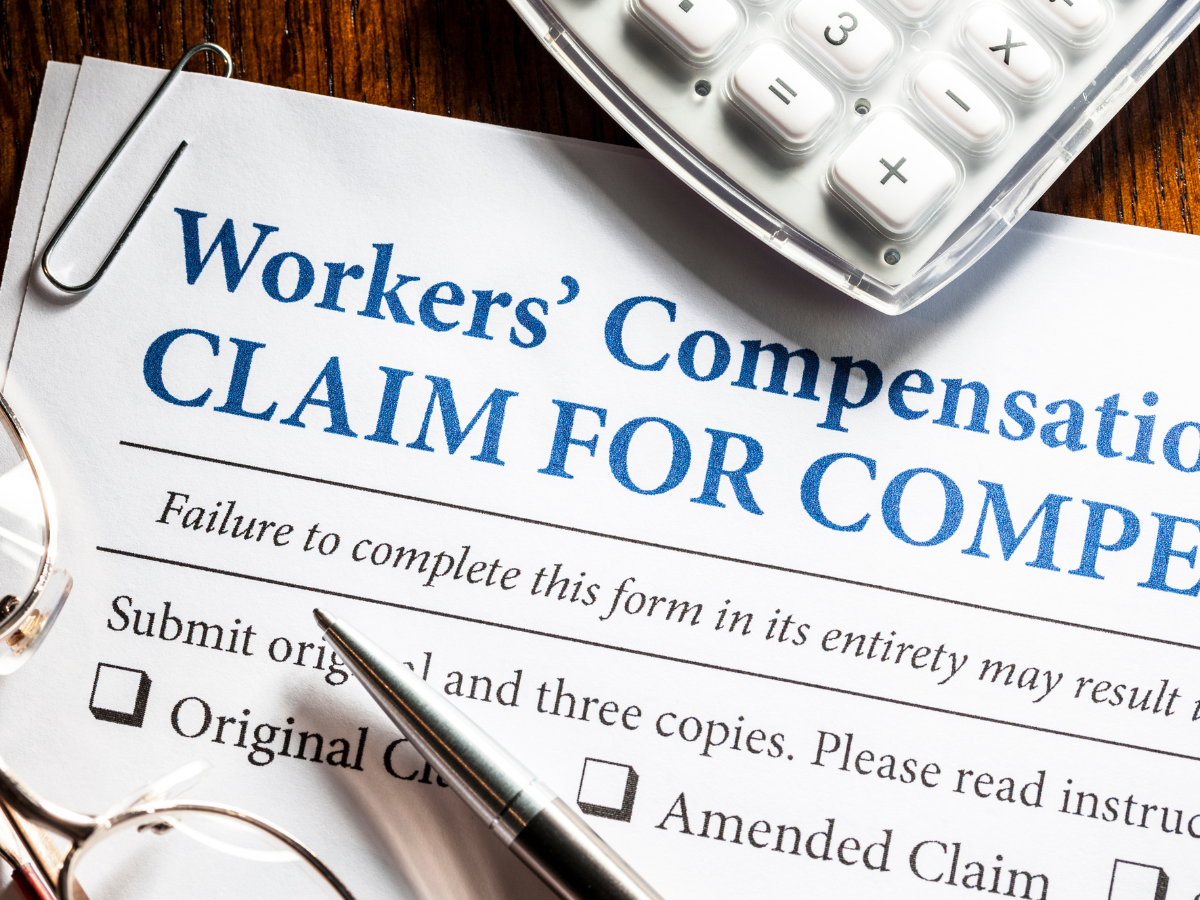If you’ve been injured at work, workers’ compensation benefits are designed to help you recover both financially and physically. A common question we often hear is, “How long can you be on workers’ compensation?” The length of time varies depending on several factors, including the severity of the injury, the laws of your state, and whether the condition improves over time. In this blog, we will explain what affects the duration of workers’ compensation benefits and how you can navigate the process.

What is Workers’ Compensation
Workers’ compensation provides financial support to employees who suffer from work-related injuries or illnesses. This includes medical expenses, wage replacement, and sometimes compensation for permanent disabilities. Understanding how long you can receive benefits is crucial to ensure you get the compensation you deserve.
1. Temporary Disabilty Benefits
Temporary disability benefits are for employees who are temporarily unable to work due to their injury. The duration of these benefits depends on:
-
State Laws: Different states have varying rules regarding how long you can receive temporary disability benefits. For example, some states cap the number of weeks you can receive these benefits, while others may continue benefits as long as the injury keeps you from returning to work.
-
Maximum Medical Improvement (MMI): You can receive temporary disability benefits until you reach Maximum Medical Improvement (MMI). MMI means that your condition has stabilized and further medical treatment won’t significantly improve your situation.
Once you reach MMI, your temporary disability benefits will likely end unless you qualify for permanent disability benefits.
Workers’ compensation is a type of insurance that provides wage replacement and medical benefits to employees who suffer work-related injuries or illnesses. These benefits are designed to help you cover your medical expenses and support you financially if you are unable to work due to your injury.
2. Permanent Disability Benefits
If your injury results in permanent limitations that prevent you from returning to work, you may be eligible for permanent disability benefits. There are two types of permanent disability benefits:
-
Partial Permanent Disability: If the injury prevents you from performing some but not all of your duties, you may receive partial permanent disability benefits. These benefits are typically paid for a set period and may reduce as you continue to recover or return to modified work.
-
Total Permanent Disability: If your injury prevents you from returning to any kind of work, you may be entitled to total permanent disability benefits. These benefits can continue for the rest of your life, depending on the severity of your condition.

3. When Do Temporary Disability Benefits End?
The duration of temporary disability benefits can vary based on the type of injury and the specifics of your recovery. However, there are some common scenarios when these benefits might end:
-
Return to Work: If you’re cleared by a doctor to return to work, your temporary disability benefits will likely stop. If you return to a modified or lighter duty role, your benefits may be reduced.
-
Completion of Treatment: If you’ve completed your treatment and the doctor determines that your condition won’t improve, your benefits may be discontinued. At this point, you could transition to permanent disability benefits if necessary.
4. Can You Continue Receiving Benefits After Returning to Work?
Even if you return to work, there may be instances where you can still receive workers’ compensation benefits. These situations include:
-
Modified or Light Duty: If your doctor allows you to return to work with restrictions, you may still receive workers’ compensation benefits to make up for the difference in wages if your new duties pay less.
-
Ongoing Medical Treatment: If you need ongoing medical treatment, you may continue receiving medical benefits even after you’ve returned to work.
5. Settling Your Workers’ Compensation Claim?
In some cases, workers may settle their workers’ compensation claim for a lump sum or structured settlement. A settlement allows you to receive a one-time payment in exchange for giving up your right to future benefits. Before agreeing to any settlement:
-
Consult an Attorney: It’s important to consult with an experienced workers’ compensation attorney to ensure that the settlement covers your medical expenses, future care, and lost wages.
-
Understand the Terms: A lump sum settlement is a one-time payment, while a structured settlement provides periodic payments over time. Be sure to evaluate the long-term implications of each option.
6. Can You Sue for a Workers’ Compensation Claim?
In most cases, you cannot sue your employer directly for a workplace injury if you are receiving workers’ compensation benefits. However, if a third party (outside your employer) is responsible for your injury, you may be able to file a lawsuit against them. For example, if a contractor or equipment manufacturer caused your injury, you could potentially pursue a personal injury claim outside of workers’ compensation.
Conclusion
The duration of workers’ compensation benefits depends on many factors, such as the severity of your injury, whether it is temporary or permanent, and your recovery progress. If you are uncertain about how long you can receive workers’ compensation, or if you are experiencing difficulties with your claim, it’s crucial to seek the guidance of a knowledgeable workers’ compensation attorney.
At MHK Attorneys, we specialize in workers’ compensation claims and can help you navigate the process. Contact us today to schedule a consultation and ensure you receive the compensation you deserve.